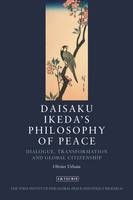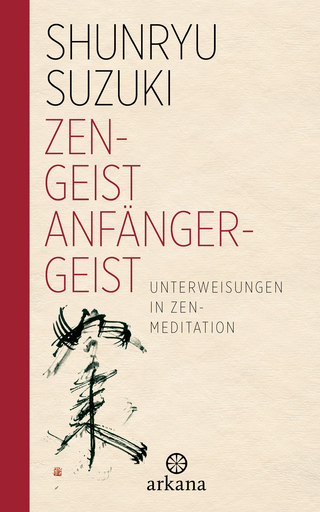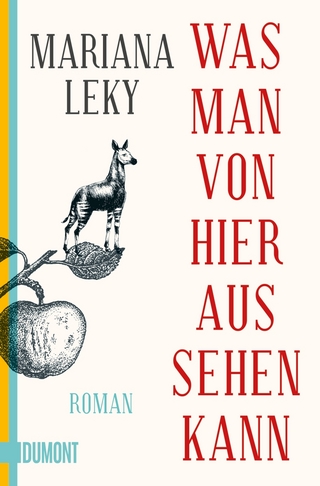
Daisaku Ikeda's Philosophy of Peace
Dialogue, Transformation and Global Citizenship
Seiten
2010
I.B. Tauris (Verlag)
978-1-84885-304-1 (ISBN)
I.B. Tauris (Verlag)
978-1-84885-304-1 (ISBN)
Who is Daisaku Ikeda? At one level, he is the leader of a religious movement - Soka Gakkai - which began in Japan, where it still has its headquarters. This work shows that while Soka Gakkai may stem from the medieval principles of Nichiren Buddhism, under Ikeda's leadership it has taken these classic wisdoms and transformed them.
Who is Daisaku Ikeda? At one level, he is the leader of a religious movement - Soka Gakkai - which began in Japan, where it still has its headquarters, but which now claims 12 million adherents around the world. At another level, he is a globetrotting figure whose formal conversations with diverse writers, thinkers and diplomats - including Arnold Toynbee, Joseph Rotblat and Mikhail Gorbachev - have garnered him an international profile, as well as academic recognition. Perhaps above all else, Daisaku Ikeda is viewed as a campaigner for peace. And it is Ikeda's specific contribution to peacebuilding, notably through the central emphasis he has placed on the significance of dialogue, that this book explores: the first to do so in a concerted way. Olivier Urbain shows that while Soka Gakkai (the 'value society') may stem from the medieval principles of Nichiren Buddhism, under Ikeda's leadership it has taken these classic wisdoms and transformed them.
Now essentially classless and secularised, as well as adaptable and sensitive to modern challenges like resource shortages and climate change, this - argues the author - is a pragmatic approach to peace which has proved both popular and eminently transportable.
Who is Daisaku Ikeda? At one level, he is the leader of a religious movement - Soka Gakkai - which began in Japan, where it still has its headquarters, but which now claims 12 million adherents around the world. At another level, he is a globetrotting figure whose formal conversations with diverse writers, thinkers and diplomats - including Arnold Toynbee, Joseph Rotblat and Mikhail Gorbachev - have garnered him an international profile, as well as academic recognition. Perhaps above all else, Daisaku Ikeda is viewed as a campaigner for peace. And it is Ikeda's specific contribution to peacebuilding, notably through the central emphasis he has placed on the significance of dialogue, that this book explores: the first to do so in a concerted way. Olivier Urbain shows that while Soka Gakkai (the 'value society') may stem from the medieval principles of Nichiren Buddhism, under Ikeda's leadership it has taken these classic wisdoms and transformed them.
Now essentially classless and secularised, as well as adaptable and sensitive to modern challenges like resource shortages and climate change, this - argues the author - is a pragmatic approach to peace which has proved both popular and eminently transportable.
Olivier Urbain is Director of the Toda Institute for Global Peace and Policy Research, Tokyo and Honolulu, and holds doctorates in both French literature (University of Southern California) and peace studies (University of Bradford). He edited 'Music and Conflict Transformation: Harmonies and Dissonances in Geopolitics' (I.B.Tauris, 2007), and has contributed articles to many learned journals.
| Erscheint lt. Verlag | 30.3.2010 |
|---|---|
| Sprache | englisch |
| Maße | 156 x 234 mm |
| Themenwelt | Geisteswissenschaften ► Religion / Theologie ► Buddhismus |
| ISBN-10 | 1-84885-304-1 / 1848853041 |
| ISBN-13 | 978-1-84885-304-1 / 9781848853041 |
| Zustand | Neuware |
| Haben Sie eine Frage zum Produkt? |
Mehr entdecken
aus dem Bereich
aus dem Bereich
Philosophische Betrachtungen
Buch | Softcover (2024)
Aufbau TB (Verlag)
12,00 €
Unterweisungen in Zen-Meditation
Buch | Hardcover (2024)
Arkana (Verlag)
20,00 €


